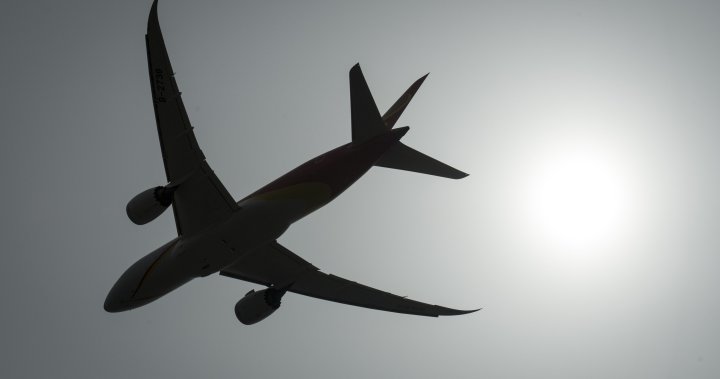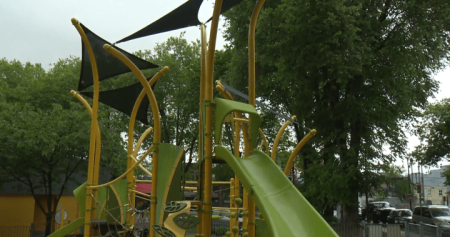Canadian airlines have assured travellers that their flight times will not be affected by Monday’s total solar eclipse, which will be visible in parts of Eastern Canada. Air Canada stated that there will be no operational impacts during the eclipse, but reminded staff not to look directly at the event. WestJet has implemented safety precautions and advised passengers to bring their own protective gear if they want to view the eclipse. Air Transat will direct passengers to keep their window shades closed to prevent eye damage. Transport Canada issued an advisory warning about the rapid onset of darkness and twilight conditions that could affect pilots.
A spokesperson for Transport Canada explained that pilots who are not authorized to fly in conditions that affect visibility may face restrictions during the eclipse, although this is a minority of pilots. Mason Fraser, a teacher at Seneca Polytechnic’s School of Aviation, explained that commercial pilots are trained to fly at night and may experience conditions similar to a night takeoff or landing during the eclipse if they are landing or taking off in the path of totality. Private pilots, however, may not always be trained for night operations and will need to take normal precautions while flying toward the sun to protect their eyes.
The total solar eclipse on Monday may lead to some challenges for pilots, especially those who are not authorized to fly in conditions that affect visibility. While most commercial pilots are trained to fly at night, private pilots may not always have the same training and may need to take precautions to protect their eyes during the eclipse. Transport Canada advises pilots to be aware of the rapid onset of darkness and twilight conditions that could affect their ability to see. The agency is reminding those in the industry to prepare for potential disruptions during the eclipse.
Overall, Canadian airlines are confident that the total solar eclipse on Monday will not affect their flight operations. They have implemented safety precautions and reminders for both staff and passengers to protect their eyes during the event. Pilots, especially those who are not authorized to fly in low visibility conditions, may face restrictions during the eclipse. However, this is a minority of pilots, and most commercial pilots are trained to handle night operations. Passengers flying toward the sun during the eclipse should also take precautions to avoid damaging their eyes.
As the total solar eclipse approaches, Canadian airlines are taking precautions to ensure a safe flying experience for both passengers and staff. Air Canada, WestJet, and Air Transat have all issued guidelines for dealing with the eclipse and have taken steps to minimize any potential disruptions. Pilots, particularly those who are not trained for night operations, will need to be extra cautious during the eclipse to protect their eyes. Transport Canada has issued an advisory to remind those in the industry about the potential challenges that may arise during the event. Overall, the Canadian aviation industry is prepared for the total solar eclipse and is working to ensure a smooth travel experience for all.















